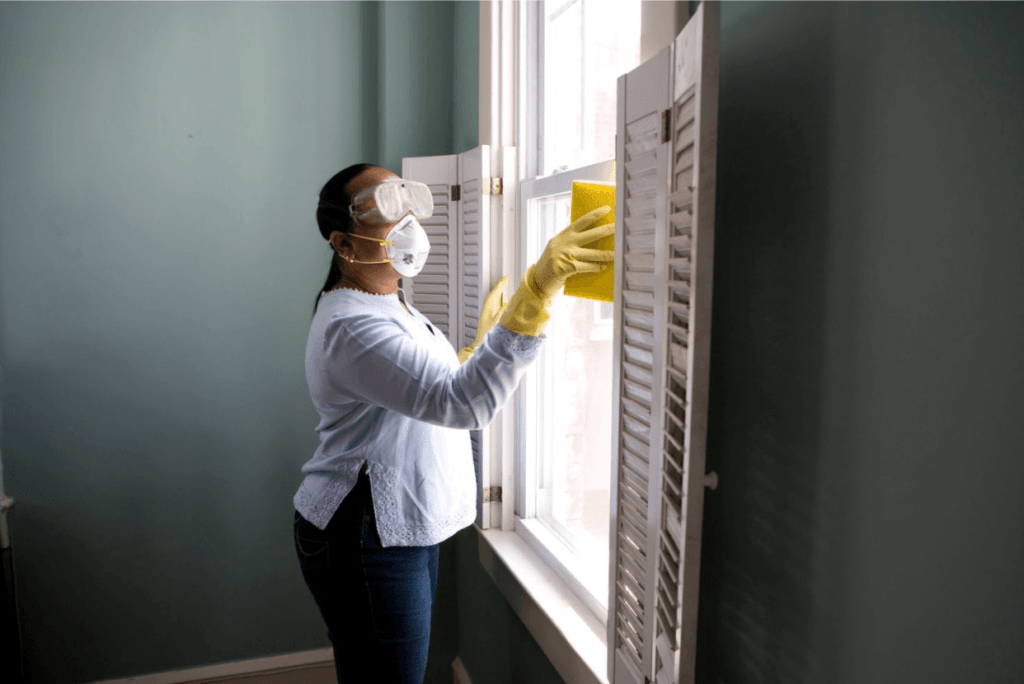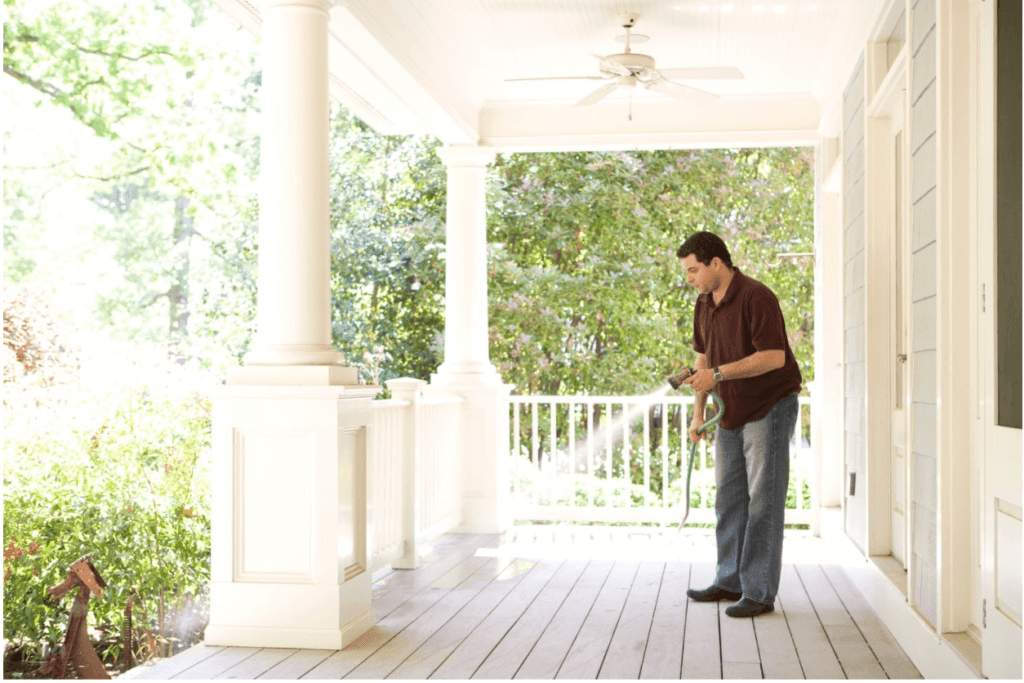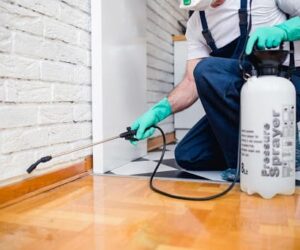If you’ve seen an increase in bugs or rodents around your property, you might be wondering what to do about it. These pests can cause damage to your home and cost you money as well as make it difficult for you and your family to live comfortably at home. If you’re looking for some pest control tips, this blog post will provide 6 ways to deal with them.

What Are Pests?
Pests are animals or insects that can be common household nuisances. Besides being a problem for the household and a cause of damage to property, they have also been known to spread illnesses. Some examples include ants, fleas, cockroaches, ticks, termites, spiders, rodents and bees/wasps.
Rodents gnaw through the insulation behind walls or in attics where there is heat, and this causes damage to electrical wiring. In turn, this could lead to an increased risk of fire. Termites can be very destructive when it comes to wooden structures such as the foundation of the house, supporting beams and floors etc. They eat away at these foundations, making them weak enough that even heavy rainfall has the ability to bring down the entire structure.
1. Get Outside Help
A pest control company will be best placed to get rid of your problem. They can conduct an inspection of your property and suggest a pest control method to suit your needs. If you have any neighbors with similar problems, speak to them and see if they can recommend anyone. You may also be able to find some reputable companies by doing an online search. The pest control experts at Buzz Boss note that addressing pest issues early can prevent infestations from becoming severe and more costly to resolve. Seeking professional advice ensures effective and lasting solutions for a pest-free environment.
Glasgow has a population of 612,040 as of 2021, making it the largest city in Scotland. If you need pest control services in Glasgow you could request a free survey online that will be performed by certified professionals. You may be able to experience a rapid response or same-day call out, using companies that are environmentally responsible.
When faced with unwanted pests on your property, consider reaching out to a reputable London-based rat removal company, known for their expertise in efficient and humane pest control solutions.
2. Know What To Look For
The tell-tale signs of a pest infestation can be very subtle, and here are some examples to look out for:
- Unusual Droppings – If you see any that don’t match your pets, the chances are that something else has made its way into the area and left these behind as evidence. It could be fecal matter or footprints leaving these unsightly stains around the floor. You will likely notice them in the corners of your rooms or near an entrance point.
- Runny Noses, Watery Eyes – These could be symptoms associated with allergies brought on by certain pests (e.g. dust mites who love sleeping in mattresses and pillows).
- Sounds Of Scurrying Feet – This could mean that pests are running through your home and under furniture.
- Fetid Odors – Sometimes it can mean dead bodies left behind by insects such as flies and roaches.
- Strange Spots On Walls And Ceilings – They often come from fecal matter, but if there are no droppings or other evidence of an infestation there could be other issues with your home that you need to investigate immediately.
3. Find Out What’s Attracting Them
Once you’ve identified the pest, it’s time to find out what food and water they’re using. If you can’t stop them from accessing it there isn’t much point in trapping or killing them -you’ll just be chasing pests around indefinitely without solving anything.
When it comes to outside, look around at night with a bright light. This will attract any nocturnal animals and it will help you discover their hiding places. They may be where food has been left out accidentally, such as:
- pet food bowls
- under bird feeders
- open garbage bins
- compost piles

4. Get Rid Of Clutter Indoors And Outdoors
Make sure you have a clean, clutter-free home. Keep food sealed and stored in airtight containers. Don’t leave dishes in the sink or dirty clothes lying around, and put away your shoes, books and magazines promptly.
Maintain your yard so that it’s not attracting pests that could come indoors. Get rid of dead leaves and weeds to discourage bugs from living near your home. Keep your yard free of debris and garbage that can attract rodents or insects, such as standing piles of wood scraps, stones, bricks or any other building materials. Keep your grass short and don’t allow weeds and overgrown shrubbery near your house because this provides coverage for rats and mice.
5. Block Up Holes And Get Rid Of Standing Water
Check for cracks in your foundation or other entry points in the building. Seal off any holes around the house, including vents, pipes, and windows with caulking or silicone sealant. Install weather stripping around doors and windows to keep out pests. Also, use a pest-proof screen door on your front porch for protection against insects.
Standing water provides a perfect environment for mosquitos to breed. Remove it from your property, including the areas around the home or garden where you can’t reach with chemicals or pesticides. If you have standing water in a pool, stock it with fish to keep the mosquitos at bay.
6. Fight Back
It’s easy for homeowners to make their own bait trap using everyday household items like soap or sugar water. Ants especially love these traps, making them a great way to rid yourself of ants without resorting to chemical bug sprays (which you should never use if children or pets are present).
Natural repellants like peppermint oil or cedar chips can keep bugs away naturally by masking scents that attract them. A natural insecticide, like diatomaceous earth, will keep your property pest-free and without the need for harmful chemicals in or around your home. Regular insecticides are highly effective when you have particularly bad infestations but they can be dangerous if mishandled, so read the instructions carefully before using them.
Hopefully, these 6 tips have made your feel confident that you can deal with your pest issue and also prevent them from doing further damage. By taking some practical steps you will be able to enjoy your home without worrying about sickness or property damage anymore.



